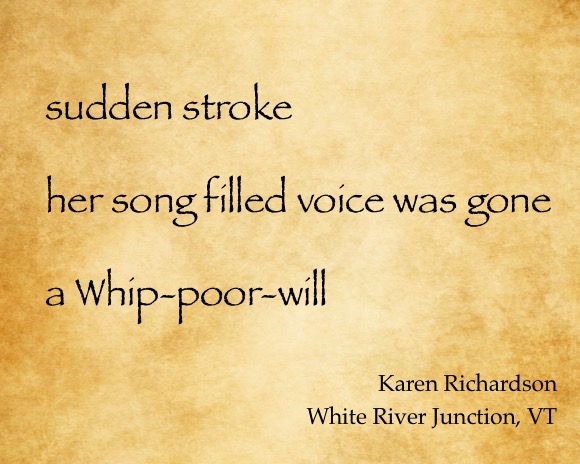Some of the Hardest Weeks
Editor’s Note: Since the end of March, Pulse has been carrying special edition pieces on the impact of the COVID-19 virus on patients, families and healthcare workers. In response to recent events, we bring you this special edition on Racism, which is also the theme of this month’s More Voices. In weeks to come, we hope to continue addressing both Racism and COVID in our special-edition series.
Today’s piece is by Ladi Oki, a physician colleague. This is not a typical Pulse narrative. It is true to Pulse’s mission, however, in that it explores the impact of events on an individual’s heart and mind.
Some of the Hardest Weeks Read More »
#ILookLikeASurgeon
#ILookLikeASurgeon Read More »
The Threshold
I suit up. Hand sanitizer, gown. Hand sanitizer, mask and goggles. Hand sanitizer, adjust the goggles that have steamed up from the mask. Hand sanitizer, gloves.
Through the door of the ICU, I see my patient, staring off towards the windows, and his hand grasps at the air. I lean forcefully to drag open the suctioned sliding door. I enter the room and introduce myself. “I’m Doctor Tamarelli with psychiatry! Your doctors asked us to check in with you!”
Checking In
.
Many have lost family and friends to COVID. Lay-offs have affected my black friends more than my white friends. Recent murders of blacks, at the hands of police and civilians, show the continued deadly effects of American racism.
Back Pain
No trauma. No radiation. No red flags.
ROS* otherwise surprisingly negative.
Her exam is unremarkable, actually pretty darn good.
FROM, negative SLR, full distal strength, sensation and DTRs.*
prescribe activity, no meds and the tincture of time.
She is fine with that, appreciative and pleasant.
Then she says, “Should I talk to my sister?”
They are estranged, as usual about who got Mom’s whatever.
Her sister is 86, this has been going on for a long time.
She talks. I listen.
She says, “I should call her, shouldn’t I?”
I let her answer her own question. She does.
Gail’s Pencil Box
I was in the fourth grade in 1956, when I became one of the first black students in Kansas City, Kansas, to desegregate Abbott Elementary School. That year was filled with learning experiences for everyone involved— teachers, parents, and both black and white children—but by the end of the school year the ugly incidents had been few. I had great expectations when fifth grade rolled around, but nothing could have prepared me for what was to come.
Reflections on a Peaceful Protest
For the first time in my very privileged life, I was forced to lie face down, in the middle of the road, with my hands behind my back. The asphalt was hard and tore into my knees. My shoulders and wrists ached from having my arms pinned behind my back. The muscles in my neck cramped from trying to hold my head off the ground. I could barely get the words “I can’t breathe” out of my mouth. I was there with hundreds of others of all races, ethnicities, and backgrounds who were also forced to lie face down on the asphalt and chant “I can’t breathe.”
Reflections on a Peaceful Protest Read More »
In the Biodome
As a pulmonary and critical-care medicine fellow, I care for patients with a broad variety of respiratory ailments. But little did I know, as I examined my patient Mr. Smith in the outpatient pulmonary clinic this past winter, that I’d see him again only months later as my first patient with COVID-19.
Mr. Smith was tough as nails. A stoic retired steelworker and former smoker, he suffered from significant emphysema, but was inclined–by nature and by necessity–to fight through his symptoms with limited medical help.
The Scales Fall Off
The Scales Fall Off Read More »





